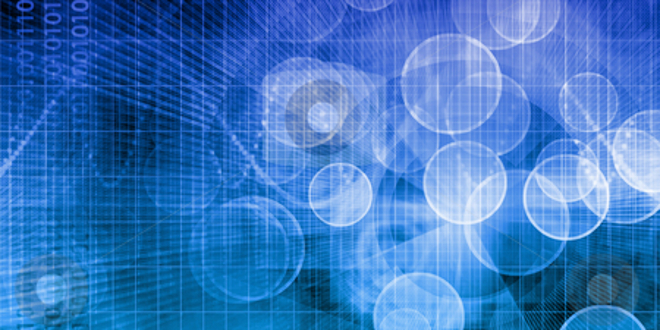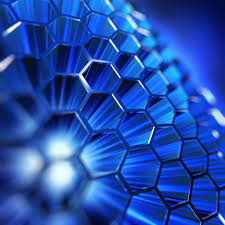
(PhysOrg.com) -- Like atomic-level bricklayers, researchers from the U.S. Department of Energy

Researchers have developed a new switching device that can route quantum bits at very high speeds along a shared network of fiber-optic cable without losing the

Physicists at the Max Planck Institute of Quantum Optics have succeeded in manipulating atoms individually in a lattice of light and arranging them in

(PhysOrg.com) -- An international team has removed a major obstacle to engineer quantum systems that will play a key role in the computers, communication networks, and even biomedical devices of the future.

Quantum computing will create machines unbelievably faster and cleverer than anything ever made, using weird and wonderful physics. The latest...

Niels Bohr Institute researchers have succeeded in setting a new record by maintaining the entanglement of the spins of two gas clouds of cesium atoms for

No one likes a know-it-all but it turns out that a quantum know-it-all is the worst. New research has shown that the quantum world allows you to answer questions correctly when you don

The race to achieve ever-higher photovoltaic conversion ratios is, so to speak, a hot area of research. One line of research has focused on quantum dots – semiconductor nanocrystals under 2-10 nanometers (about 10-50 atoms) in diameter in which electron motion is confined in all three dimensions – as the fundamental elements of nanoscale solar cell technology.

Scientists have taken the next major step toward quantum computing, which will use quantum mechanics to revolutionize the way information is processed.

Researchers at The University of Nottingham have created a new molecule containing two uranium atoms which, if kept at a very low temperature, will

(PhysOrg.com) -- Researchers have achieved a breakthrough in quantum communications and computing using a teleporter and a paradoxical cat.

(PhysOrg.com) -- For more than two decades, scientists have been "watching" electrons in atoms make the jump between energy levels in real time. "Atoms have energy levels, and when electrons

A team of physicists experimentally produces quantum-superpositions, simply using a mirror.

Quantum physicists have now achieved controlled entanglement of 14 quantum bits (qubits) and, thus, realized the largest quantum register that has ever been produced. With this experiment the scientists have not only come closer to the realization of a quantum computer but they also show surprising results for the quantum mechanical phenomenon of entanglement.